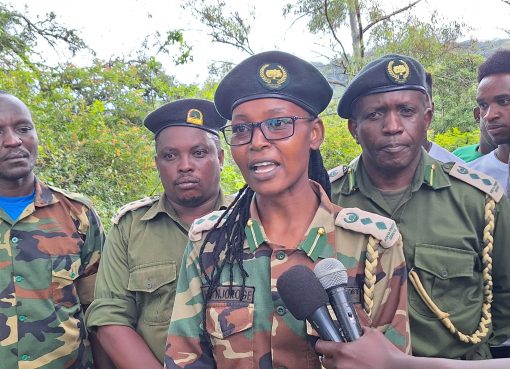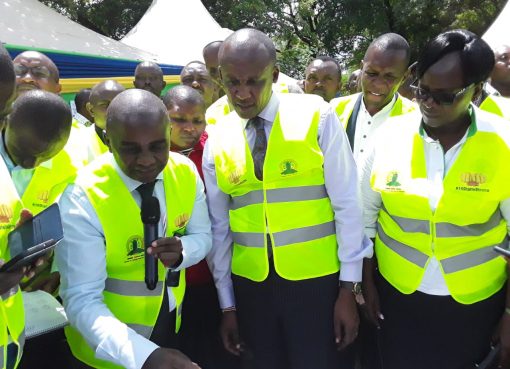Governors’ spouses across the seven counties that still practise FGM are currently meeting in Migori County to deliberate, benchmark and share ideas on how best to end the retrogressive vice.
The governors’ spouses from Taita Taveta, Marsabit, Kajiado, Narok, Nyamira, Migori and West Pokot counties said that FGM has denied women their rights, messed up their health and disrupted their socio-economic agenda.
They spoke during an FGM awareness campaign held at Nyabohanse Girls School in Mabera Sub County, Kuria West, that saw more than 200 Kuria girls educated as anti-FGM ambassadors.
Marsabit Governor Mohamud Ali’s spouse and Chair of the Governor’s First Lady Association, Alamitu Jattani, said that the country and county governments practising FGM are already winning the war through the development of FGM policies and laws.
Jattani noted that they will continue to share ideas and do benchmarking from communities that have successfully eradicated the vice.
She said that collaboration amongst all FGM parties, especially the elders and political leaders and women’s empowerment were the keys to eliminating FGM.
Jattani, however, emphasised that the biggest hindrance to stopping FGM was the culture and religion that the perpetrators used to justify their heinous acts.
“We do not have a reason why we cannot end FGM with all the established laws, policies, and the establishment of the FGM Board that has played the biggest role in ensuring the vice is eradicated,” said Jattani.
Migori Governor’s spouse, Agnes Ochilo pointed out that women across Kenya were being economically empowered, and those that were still hanging on to retrogressive culture had no place in modern society.
She disclosed that all parties in Kuria have signed an agreement to end FGM and focus on a transformative socioeconomic agenda and the promotion of positive Kuria traditions and culture.

“We have already spent a substantial amount of resources in terms of time and money in the fight against FGM. It is now time to pull resources together and utilise them well for a good course of helping and empowering the Kuria girls and community at large, “affirmed Agnes.
She encouraged the 200 Kuria girls educated as anti-FGM ambassadors to be the voice of their peers and community in advocating for an end to FGM as well as education for Kuria girls.
Meanwhile, National Syndemic Disease Control Council (NSDCC) official Cyprian Wasike acknowledged that FGM has been one of the predicaments that has propelled health complications among pregnant women.
Wasike said that FGM has also contributed to HIV prevalence among adolescents, with Migori County among the top counties with a high HIV prevalence rate between the ages of 15 and 24 years.
He explained that when a girl undergoes FGM, she is expected to be married, exposing her to the risks of HIV and gender-based violence.
Wasike urged the elders and political leaders in FGM-practising communities to be the voice of the voiceless girls by championing the anti-FGM course.
The event was also attended by councils of elders from Marsabit and Nyamira countries. Meanwhile, the governor’s spouses from the seven counties will be heading to Narok after visiting Marsabit and Migori counties for the same objective.
By Geoffrey Makokha





